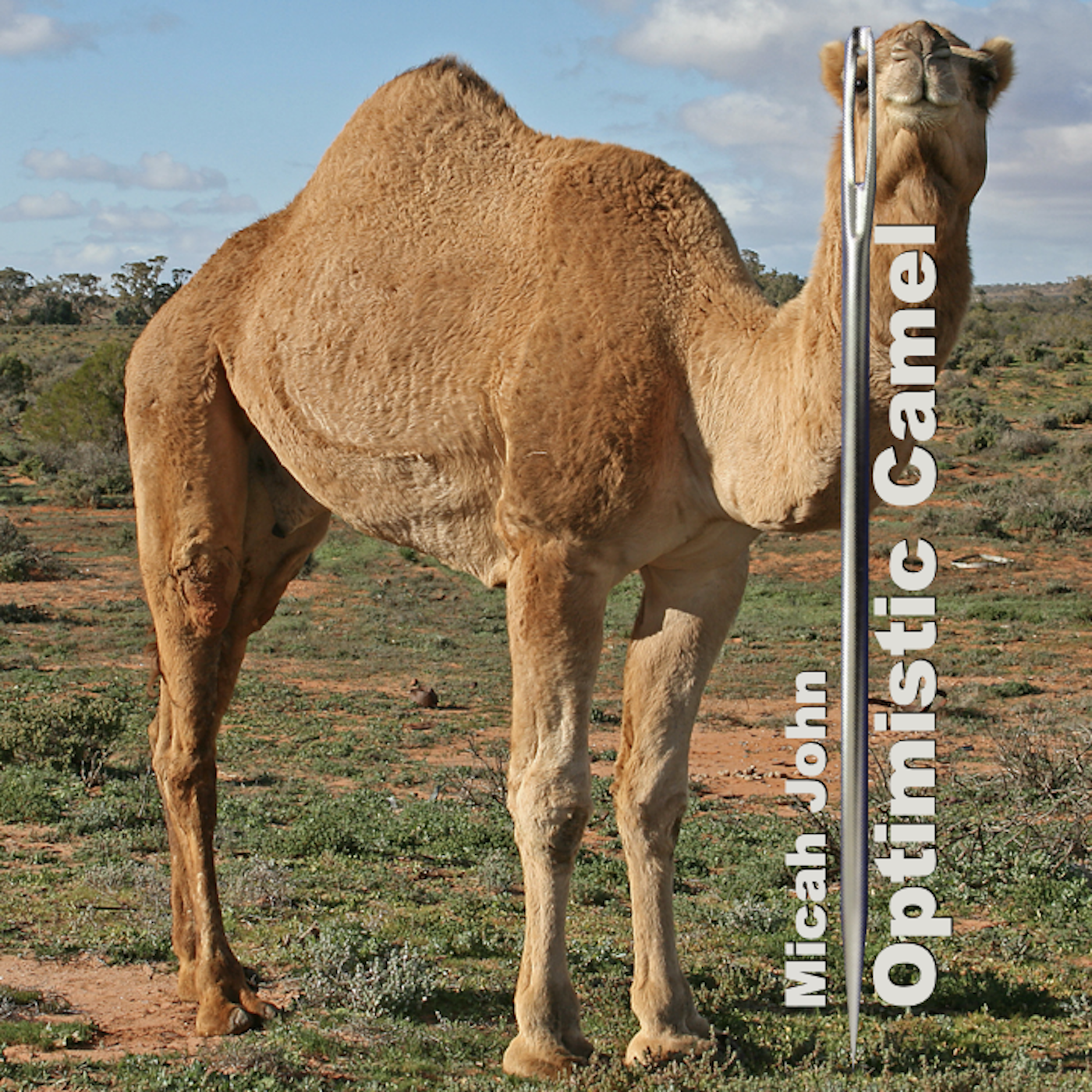I’m in the midst of a quick reread of The Universe Next Door by James W. Sire. I’d read this worldviews catalog for a worldviews class a few years ago at Messiah College.
I appreciate the way Sire traces the way different worldviews flow into and out of each other both historically and philosophically. The Universe Next Door examines the ways in which deism was a bridge from theism to naturalism; the ways naturalism leads to nihilism; and the ways existentialism provides escape from nihilism.
I stopped skimming and started reading when I got to the chapter on existentialism. I think Christian existentialists’ approach to paradox is helpful. Certainly a contentment with paradox is dangerous. We must be guided by God’s word. God is infinite, we are finite, won’t our interaction at times seem paradoxical? Sire gives helpful balancing insight from Francis Schaeffer, “we can have substantial truth but not exhaustive truth.”
God certainly wants us to use the minds given us. God does not intend for us to make leaps of faith in the sense of abandoning reason. He wants us to include the deepest most permanent truth of God’s eternal presence in our reasoning. Sure, building a big boat in the desert looks unreasonable if those are all the facts, but if a wise trustworthy God shows up and says to build a boat because the whole earth is going to flood, what else is reasonable?
I also affirm the Christian existentialists claim of truth in story, in narrative. I do not support the contentment with any apparent death of objective truth. Again, God gave us our minds. It does matter if something did or did not happen. The Christian existentialist is in error if he doesn’t care if indeed Christ was raised from the dead (1 Cor 15), but the one who sees truth in the Chronicles of the mythical land of Narnia, is wise.

Leave a Reply